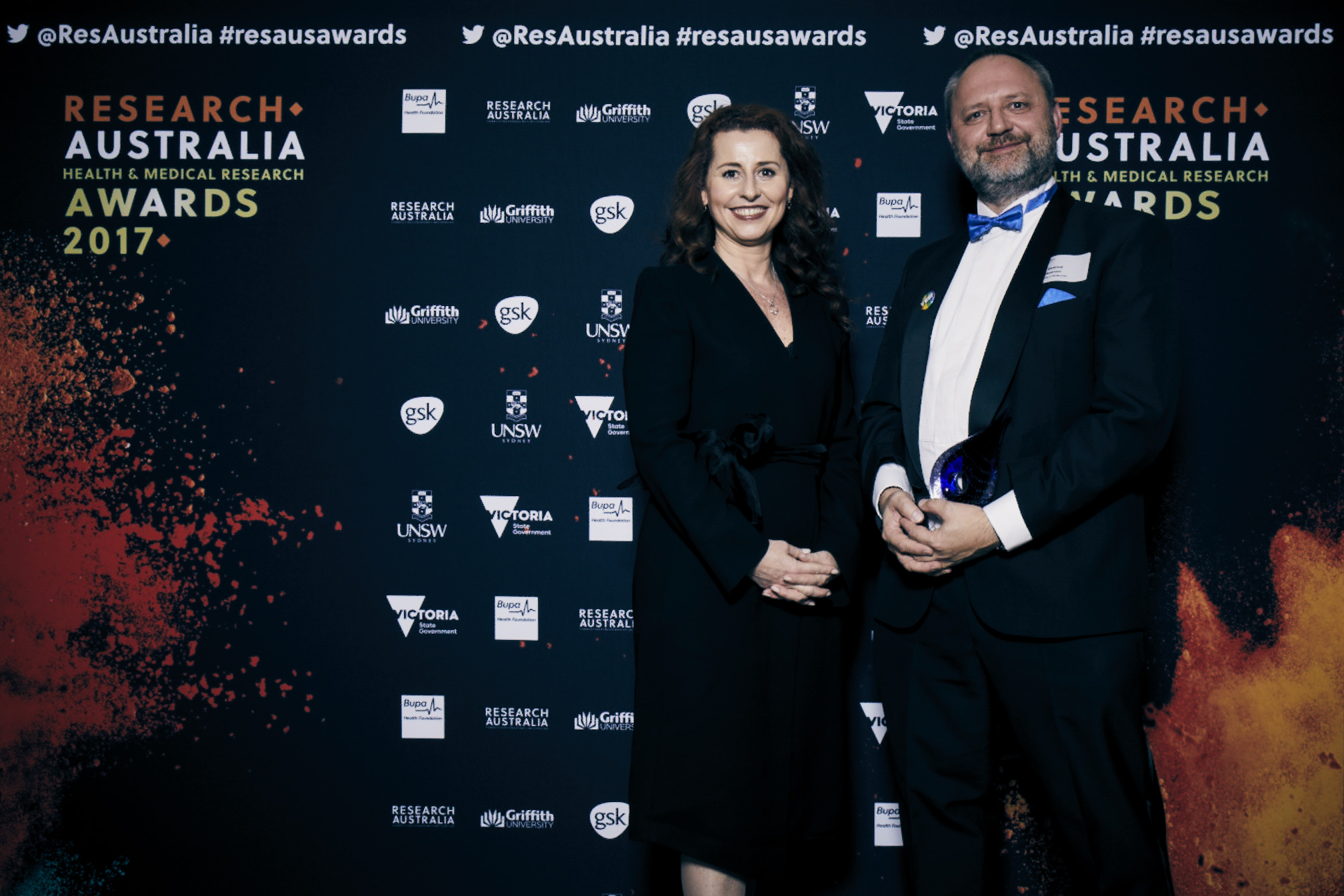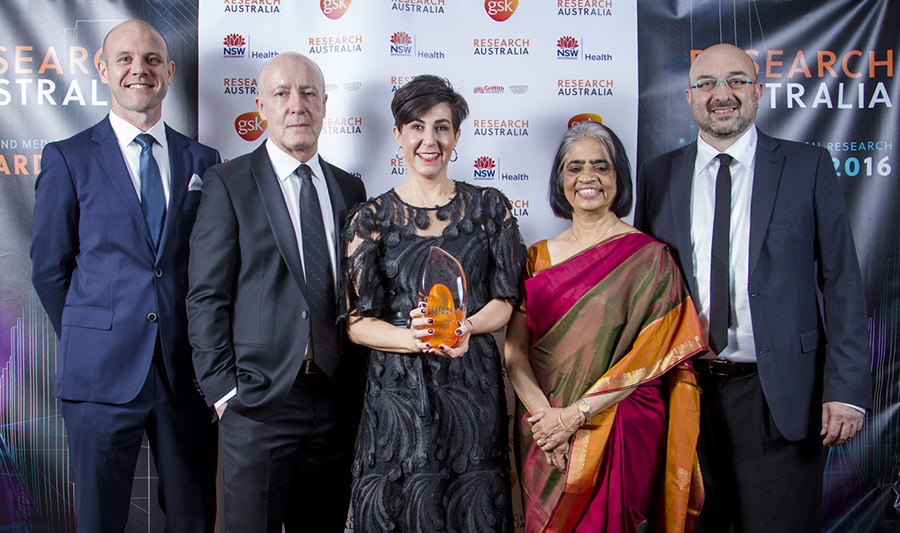Clinical Quality Registries (CQRs) collect and use data about patients’ treatments to improve the delivery of healthcare. CQRs already play a vital role in helping Australia deliver safer, higher quality healthcare, but the approach to CQRs in Australia is ad hoc and fragmented. The Australian Commission for Safety and Quality in Healthcare has been working for more than a decade to improve this situation and the Australian Government has recently released a draft National CQR Strategy for the next 10 years.
Research Australia made a submission in response to the Draft Strategy, welcoming the progress being made in this area, and making suggestions for how the Draft Strategy could be improved. These include broadening the focus from the clinician/patient relationship to capture other patient interactions with staff that affect health care. Accreditation of CQRs and a sustainable national funding model with the support of state and territory governments are also critical elements for the Strategy.
Research Australia’s submission is available here.
The Commonwealth Department of Health subsequently released the final National Clinical Quality Registry and Virtual Registry Strategy 2020-2030 in February 2021, available here. The nomination of key target areas for CQRs and a sustainable funding model for these are no longer part of the Strategy, although funding for key areas is still likely, possibly from the MRFF.








